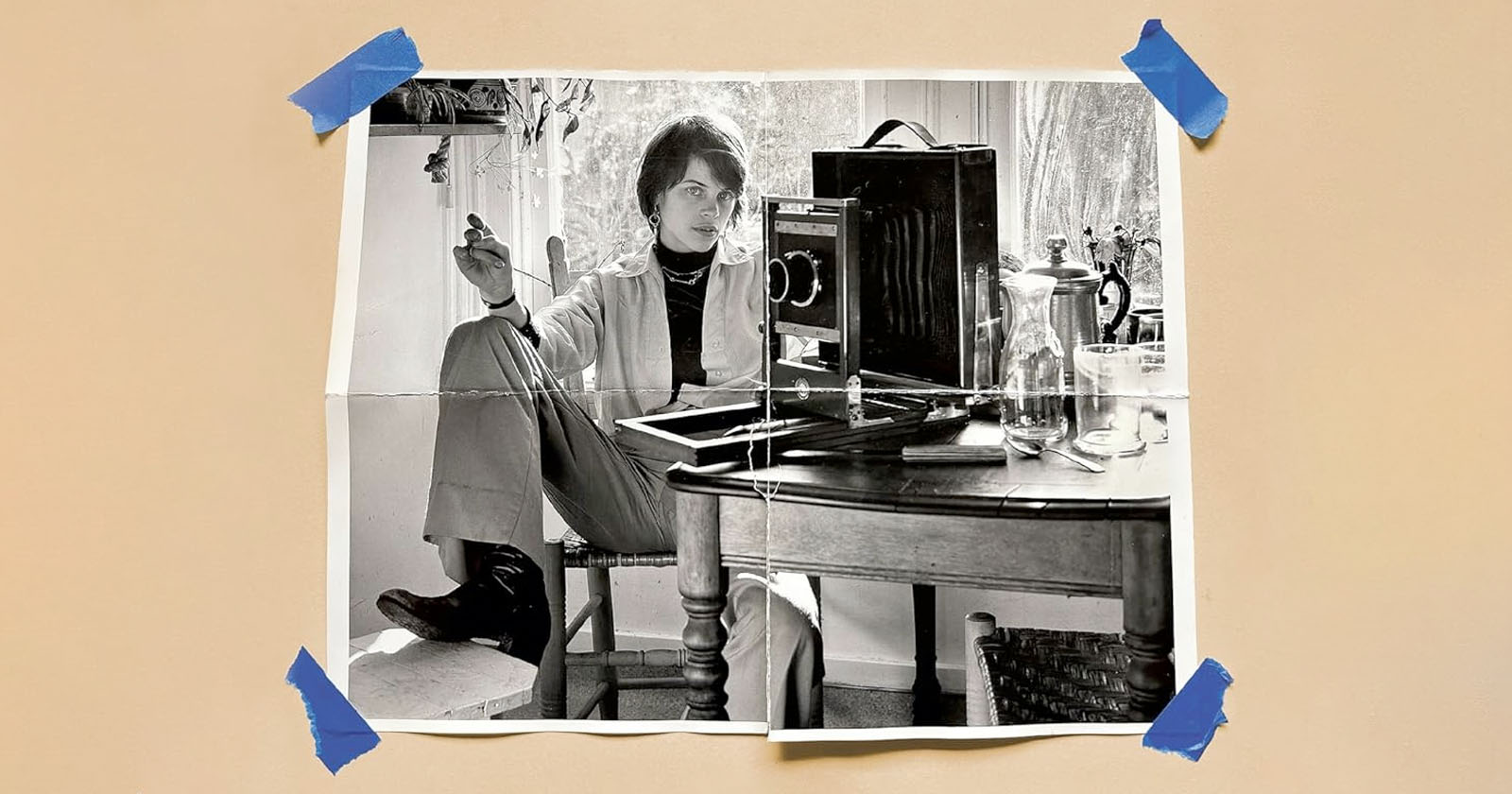
Controversial photographer Sally Mann has recently released a new memoir titled, Art Work: On the Creative Life, which CBS describes as a reflection on the photographer’s creativity and loss.
The book, published on September 9, promises to offer readers a look into Mann’s psyche, specifically as it relates to how she handled her many mistakes as a lifelong photographer.
“Illustrated throughout with photographs, journal entries, and letters that bring immediacy and poignancy to the narrative, Art Work is full of thought-provoking insights about the hazards of early promise; the unpredictable role of luck; the value of work, work, work, and more hard work; the challenges of rejection and distraction; the importance of risk-taking; and the rewards of knowing why and when you say yes,” publisher Harry N. Abrams writes of Mann’s new book.
Mann, who spent her life in and around Lexington, Kentucky, says that she did at times feel the call to leave the area in order to find success more easily, but chose to stick around nonetheless.
“I did need to leave here if I wanted to have a successful career,” she says to CBS Mornings. “[But] I didn’t. And it just took me a little longer. I just stayed home and I made the work and I just made more work and I made more work and more work and pretty soon I had work that people couldn’t ignore.
“I think I knew what I wanted my pictures to look like and what I wanted them to evoke. It was a lot about the South and the complexity of the South and the dark underside of the South.”
Mann’s work is controversial because of its subject matter. Some of her most famous work are nudes of her children, photos that she took as they were growing up. These works are so inflammatory to some that earlier this year, the Texas Police seized some of her photos from an exhibition, as there were complaints they promoted child pornography. Texas spent thousands of dollars on the endeavor, including flying police to New York City on a fruitless fact-finding expedition related to the case, looking for photos in the Metropolitan Museum of Art, the Museum of Modern Art, the Solomon R. Guggenheim Museum, and the Whitney Museum of American Art that weren’t even on display. The state eventually returned the photos and dropped all charges.
While some of Mann’s photos of her children have obviously been a source of contention, much her photography from that time are simpler, more domestic images. Domestic, actually, is a term used by an art dealer who turned Mann away early on in her career, saying her images wouldn’t sell because of it.
Mann says she took that rejection badly.
“I took it so personally,” she says.
She did eventually overcome that rejection and persevered, a story she covers in her new memoir. Art Work is available now in hardcover.
Image credits: Sally Man, Harry N. Abrams

